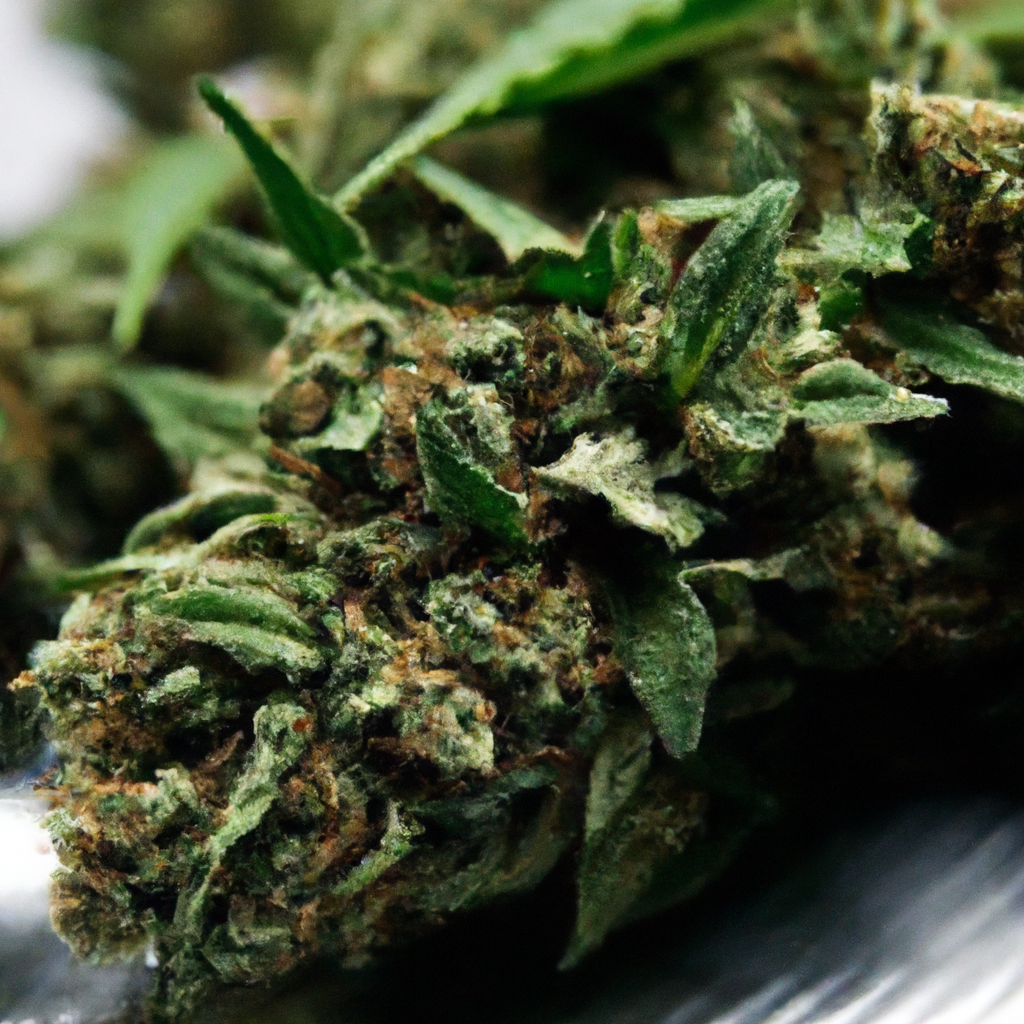Your cart is currently empty!
Did you know that cannabis has been used for medicinal purposes for thousands of years? With its growing legalization and acceptance in various countries, understanding the historical medicinal use of cannabis can provide valuable insights into its potential in modern healthcare.
The Roots of Cannabis as Medicine
Cannabis has a rich history in ancient medicine, dating back to 2900 BC in Chinese civilization. Emperor Shen Nung, often referred to as the Father of Chinese Medicine, believed that cannabis could treat over a hundred ailments. From China, the use of cannabis spread to India, where it became part of Ayurvedic medicine. The Atharva Veda, one of the oldest scriptures of Hinduism, lists cannabis as one of the five sacred plants. In these cultures, cannabis was commonly used in religious ceremonies, pointing not only to its medical use but also to its cultural significance.
Ancient Texts and Treatments
In ancient Egypt, cannabis was employed to relieve pain and inflammation in various medical treatments. The Ebers Papyrus, an Egyptian medical text dating back to 1550 BC, mentions cannabis as a treatment for reducing inflammation among women. Moving westward, the Greeks and Romans continued this tradition. The Greek physician Pedanius Dioscorides, in the first century AD, documented the use of cannabis to treat ear pain, among other ailments, in his work De Materia Medica.
Cannabis in the Middle Ages
During the Middle Ages, the Islamic world became a custodian of much of ancient knowledge, including the medicinal use of cannabis. Islamic physicians expanded on the understanding of cannabis, employing it to relieve pain, as an antiemetic, and as an antiepileptic. The plant also made its way into European medicine, where it was used for its analgesic properties, primarily to alleviate labor pains and other forms of pain.
Lessons from the Past for Modern Medicine
- Versatility: The historical use of cannabis in various cultures highlights its versatile therapeutic potential. Today, we see its application in treating conditions like chronic pain, anxiety, and even as a potential tool in neurological disorders.
- Cultural Significance: Understanding the cultural aspects of cannabis use can aid in its modern integration into healthcare practices, ensuring respectful and informed approaches to treatment.
- Scientific Exploration: Modern research continues to uncover the vast potential of cannabinoids found in cannabis, building on ancient insights.
Conclusion
The historical use of cannabis in ancient medicine illuminates its timeless value and potential for contemporary therapeutic applications. By looking to the past, we can better appreciate the role cannabis might play in the future of healthcare, leading to well-rounded and culturally sensitive treatments.
As cannabis continues to re-emerge as a mainstream medical option, tapping into its historical roots provides a robust foundation for understanding and innovation.
Discover more from Magic Clones
Subscribe to get the latest posts sent to your email.


Leave a Reply